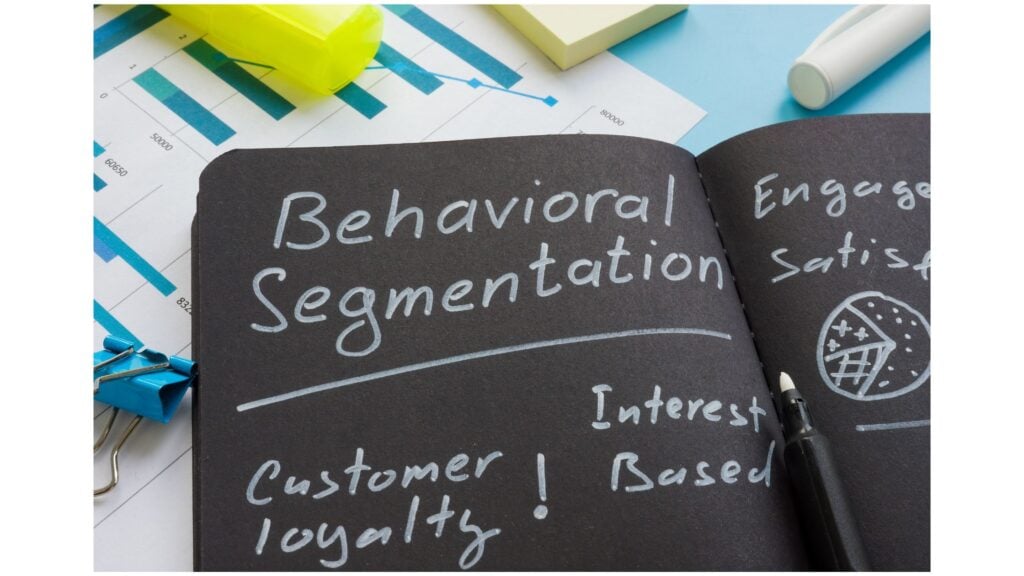Marketing Benefits: How Promotional Activities Create Social Value
The social benefits of marketing in modern society
Marketing oftentimes gets to portray as merely a tool for businesses to sell more products. This narrow view misses the broader positive impacts marketing have on society. When do ethically and efficaciously, marketing create value that extend far beyond corporate profits.
Let’s explore how marketing benefits communities, economies, and individuals in ways many people overlook.
Economic growth and job creation
Marketing serve as a powerful economic engine. By stimulate demand for products and services, it creates a ripple effect throughout the economy.
Employment opportunities
The marketing industry direct employ millions of people worldwide. From advertising agencies to market research firms, social media managers to brand strategists, marketing create diverse career paths. These jobs span different skill levels and educational backgrounds, provide opportunities for many segments of society.
Beyond direct employment, effective marketing campaigns boost sales, which oftentimes lead to companies expand their workforce. A successful product launch might require additional manufacturing staff, customer service representatives, and distribution personnel.
Business growth and innovation
Marketing help businesses identify unmet consumer needs. This insight drive innovation, lead to new products and services that improve lives. Without effective marketing research, many beneficial innovations might ne’er reach the people who need them.
Small businesses specially benefit from marketing tools that help them compete with larger corporations. Digital marketing has democratized advertising, allow entrepreneurs with limited budgets to reach targeted audiences and grow their ventures.
Consumer education and empowerment
Marketing serve as an essential information channel between businesses and consumers.
Product awareness and education
Through marketing, consumers learn about available products, their features, benefits, and proper usage. This knowledge help people make informed purchasing decisions that align with their needs.
Consider healthcare marketing. Campaigns that raise awareness about medications, treatments, or preventive measures can literally save lives. Likewise, market for educational programs, financial services, or technological tools help people discover solutions that improve their circumstances.
Consumer choice and market competition
Marketing create transparency in the marketplace. By highlight product differences, pricing options, and company values, marketing help consumers navigate their choices. This transparency force businesses to compete on quality, price, and service — finally benefit consumers.
When companies market their unique selling propositions, they must deliver on those promises or risk lose customers. This accountability mechanism improves overall market quality and reliability.
Cultural development and social progress
Marketing both reflect and shape cultural values. The evolution of marketing approaches demonstrate how society’s priorities shift over time.
Promote diversity and inclusion
Modern marketing progressively embrace diverse representation. Advertisements directly showcase people of various ethnicities, abilities, body types, ages, and sexual orientations. This representation normalize diversity and helps build a more inclusive society.
When brands take stand on social issues through their marketing, they can accelerate positive change. Campaigns promote gender equality, environmental sustainability, or racial justice raise awareness and frequently drive concrete actions from both companies and consumers.
Cultural exchange and global understanding
Marketing facilitate cultural exchange across borders. As brands market internationally, they introduce new ideas, aesthetics, and products to different regions. This cross-pollination enriches local cultures while build bridges of understanding between diverse communities.
Consider how food marketing has expanded culinary horizons in many countries, or how entertainment marketing haintroducedce global audiences to stories and perspectives from cultures they might differently ne’er encounter.

Source: growth hackers.net
Technological advancement and media support
Marketing drive technological innovation and support content creation across media platforms.
Technology development
The quest for more effective marketing invariably push technological boundaries. Innovations in data analytics, artificial intelligence, virtual reality, and other fields are frequently pioneer or accelerate by marketing applications.
These technological advances finally benefit society more generally. For example, recommendation algorithms develop for e-commerce nowadays help people discover educational resources, healthcare information, and community connections.
Media funding and content creation
Advertising revenue funds much of the content we consume every day. News organizations, entertainment platforms, and educational resources oftentimes rely on market dollars to create and distribute valuable information.
Without marketing support, many media outlets would either cease to exist or become accessible exclusively to those who could afford substantial subscription fees. Marketing hence democratize access to information and entertainment.
Community development and social causes
Marketing techniques help advance social causes and strengthen communities.
Social marketing campaigns
Public health initiatives use marketing strategies to promote beneficial behaviors like vaccination, smoking cessation, and safe driving. Environmental campaigns employ marketing tactics to encourage recycling, energy conservation, and sustainable consumption.
These social marketing efforts have measurably improve public health outcomes, safety statistics, and environmental metrics in communities worldwide.

Source: itzfizz.com
Corporate social responsibility
Marketing has help normalize corporate social responsibility (cCSR) As consumers progressively prefer brands that contribute positively to society, companies highlight their ethical practices, charitable initiatives, and sustainability efforts in their marketing.
This trend creates a virtuous cycle: companies invest in social good to attract customers, which raise consumer expectations, whichinterchangee incentivize corporate responsibility. The result is businesses that progressively function as positive social actors.
Psychological and social benefits
Marketing fulfills deeper human needs beyond simple product acquisition.
Identity and belonging
Brands help people express their identities and find community with like-minded individuals. Whether it’s sports team merchandise, fashion choices, or technology preferences, marketing help people signal their values and connect with others who share them.
These brand communities create genuine social bonds. From Harley-Davidson riders to apple enthusiasts, marketing has facilitated the formation of meaningful relationships and support networks.
Aspiration and motivation
Marketing frequently present aspirational images that motivate people to improve their lives. Fitness product marketing might inspire healthier habits. Educational program marketing can motivate career advancement. Financial service marketing might encourage better money management.
While critics sometimes view this aspirational quality negatively, it oftentimes serves as a positive force that help people envision and work toward better futures.
Balancing marketing’s benefits and challenges
A balanced view acknowledge that marketing, like any powerful tool, can be use irresponsibly.
Ethical marketing practices
The virtually sustainable benefits come from ethical marketing that prioritize honesty, transparency, and genuine value creation. Mislead claims, exploitative tactics, or manipulation finally harm both consumers and business reputation.
Industry self-regulation, consumer protection laws, and inform consumers all help ensure marketing practices remain beneficial to society. As marketing professionals embrace ethical frameworks and consumers reward responsible companies, marketing’s positive impacts grow stronger.
Address legitimate concerns
Critics raise valid concerns about marketing’s potential negative effects: excessive consumerism, environmental impact, privacy issues, and unrealistic standards. These challenges require ongoing attention from marketers, regulators, and consumers like.
Progressive marketers nowadays address these concerns direct by promote sustainable consumption, responsible data practices, and realistic representation. This evolution demonstrates how marketing can adapt to advantageously serve society’s change needs.
The future of marketing’s social benefits
Will look onwards, several trends will suggest marketing’s social benefits will continue to will evolve.
Purpose driven marketing
More companies nowadays build their marketing around authentic social purposes. Instead, than treat social responsibility as anadd-onn, these businesses integrate purpose into their core offerings and communications.
This approach create deeper connections with consumers while address genuine social needs. From tom shoes’ one for one donation model to pPatagonias environmental activism, purpose drive marketing aligns business success with social progress.
Technology and personalization
Advances in data analytics and artificial intelligence allow for progressively personalize marketing. When use responsibly, this personalization can reduce waste and advantageously match people with products and services that authentically improve their lives.
The key lie in balance personalization with privacy protection and avoid manipulative applications of these powerful technologies.
Conclusion: marketing as a force for good
Marketing, at its best, serve as a powerful force for positive change. It drives economic growth, empowers consumers, advance social causes, support cultural development, and connect communities.
The challenge for marketers, businesses, and society is to continually elevate marketing practices to maximize these benefits while minimize potential harms. When approach ethically and creatively, marketing create substantial value that extend far beyond the transaction between buyer and seller.
As consumers, we can encourage marketing’s positive evolution by support businesses that market responsibly and hold accountable those that don’t. Unitedly, we can ensure marketing continue to benefit society in progressively meaningful ways.



